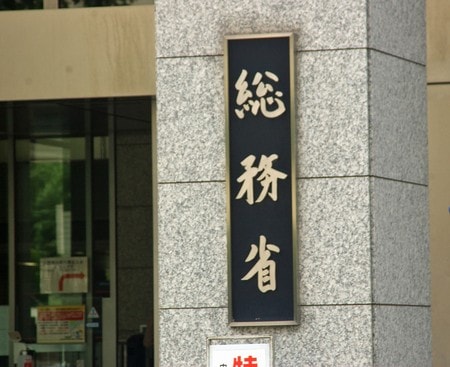Japan's Furusato Nozei (Hometown Tax) program faces controversy as four towns are excluded for violating program criteria. The involved municipalities allegedly violated specific rules defined by the Ministry of Internal Affairs and Communications. The misconduct has led to exclusion from this beneficial program designed to redistribute taxable income from large cities to less populated regions. A comprehensive investigation is underway.
The Furusato Nozei program is an important initiative in Japan aiming to address socio-economic disparities between cities and small towns. People care about this issue, as donations under this scheme offer them a tax cut while helping rural areas. Misuse of this program, therefore, risks undermining public trust in it and negatively impacts those towns reliant on these funds.
In the US, similar initiatives like federal grant programs exist to distribute funds to less affluent counties. Misuse of these funds is equally regarded as a serious offense. In the EU, redistribution policies operate on a broader scale, with wealthier member countries contributing to a common fund that supports less affluent members. Breaches of policy rules would likewise be treated seriously.

